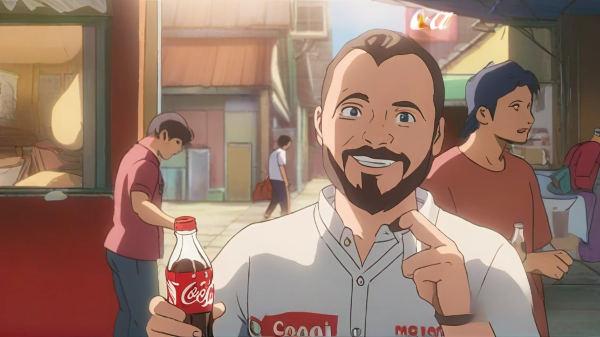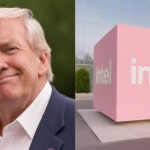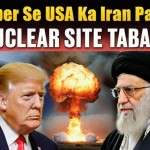In Dhaka, Bangladesh, a 60-second Coca-Cola advertisement has ignited a wave of criticism against the beverage giant for its attempt to distance itself from Israel amid the conflict in Gaza.
Since October 7, coinciding with Israel's offensive in Gaza, numerous companies, including Coca-Cola, have witnessed a decline in sales in Muslim-majority countries, with consumers advocating for a boycott of firms perceived to have ties with the Israeli government and military.
Local reports indicate a 23 percent decrease in Coca-Cola sales in Bangladesh since the outbreak of the Gaza conflict. To counter this trend, the company has ramped up its advertising efforts in the country, employing strategies ranging from full-page newspaper ads to prominent placements on digital platforms.
In its latest marketing endeavor, Coca-Cola released a television and social media advertisement aiming to debunk the misconception that Coca-Cola is an Israeli product, emphasizing its global popularity spanning 138 years across 190 countries.
The Bengali-language ad depicts a scene in a market on a sweltering day, where a young man declines a Coca-Cola offered by a shopkeeper, citing its origin from "that place," implicitly referring to Israel. Through a dialogue with the shopkeeper and his friends, it's clarified that Coca-Cola is not associated with Israel, with the shopkeeper citing its consumption in various countries worldwide, including Palestine, which hosts a Coca-Cola factory.
However, the commercial sparked immediate outrage both online and offline, with many Bangladeshis condemning its insensitivity and inaccuracies. Critics pointed out the misleading claim that "even Palestine has a Coke factory," highlighting the factory's location in the Israeli settlement of Atarot in the occupied West Bank, considered illegal under international law.
In response to the backlash, Coca-Cola temporarily removed the ad from its YouTube and Facebook pages, reinstating it later without addressing the controversy. Despite this, criticism persists, with consumers expressing disillusionment and calls for boycotts.
The controversy surrounding Coca-Cola reflects broader global backlash against the company over its perceived alignment with Israel amid the Gaza conflict. In Bangladesh, there's a growing perception among the populace that Coca-Cola directly supports Israeli entities, contributing to its declining sales.
While Coca-Cola sold its Bangladeshi bottling operations to a Turkish associate in February, denying any connection to declining sales, observers speculate that the involvement of a company from another Muslim nation could be an attempt to regain market trust.
Conversely, local brands like Mojo are experiencing a surge in popularity as an alternative to Coca-Cola. Despite attempts by Coca-Cola and its affiliates to address the controversy, skepticism persists among the Bangladeshi populace, highlighting the challenges faced by multinational corporations amid geopolitical tensions.








